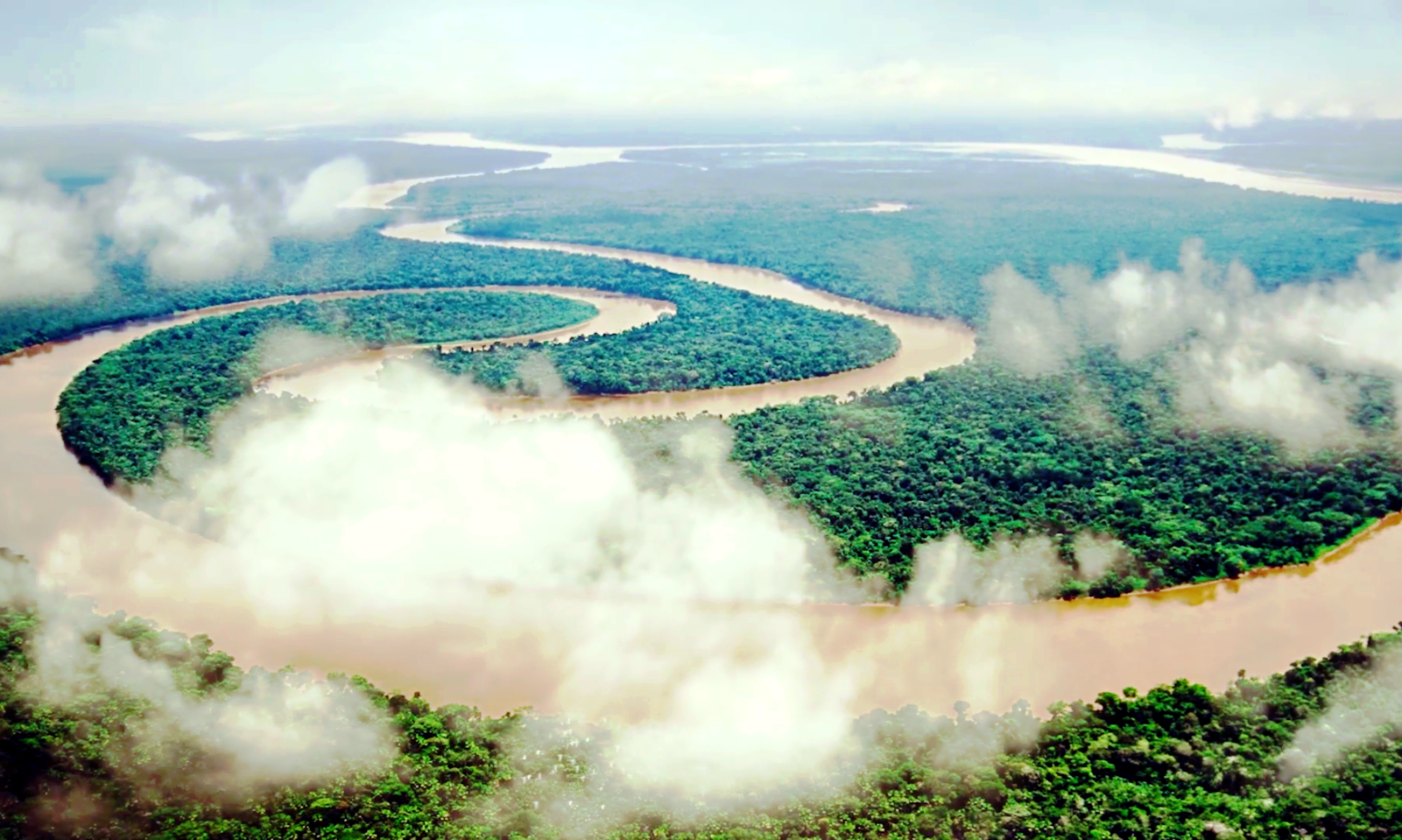The planning and execution of the AMAZON RIVER FROM ICE TO SEA project requires a variety of talents in different fields of science, exploration, environmentalism, communication, social engagement, cultural production, among others. We invited to form the Advisory Board specialists that will enable such a daring project to achieve the desired success. Meet some of our very special advisors.
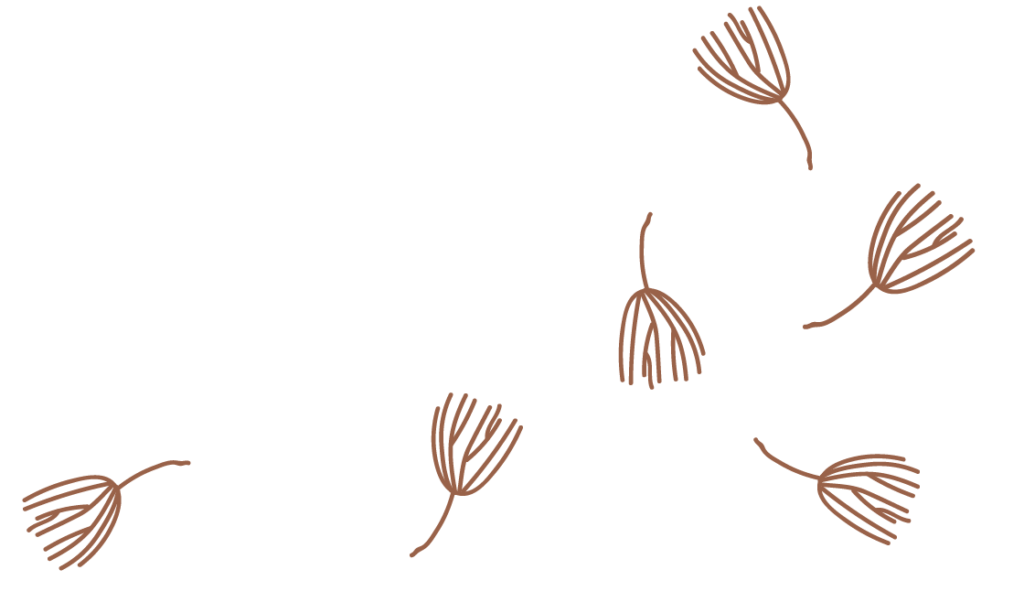
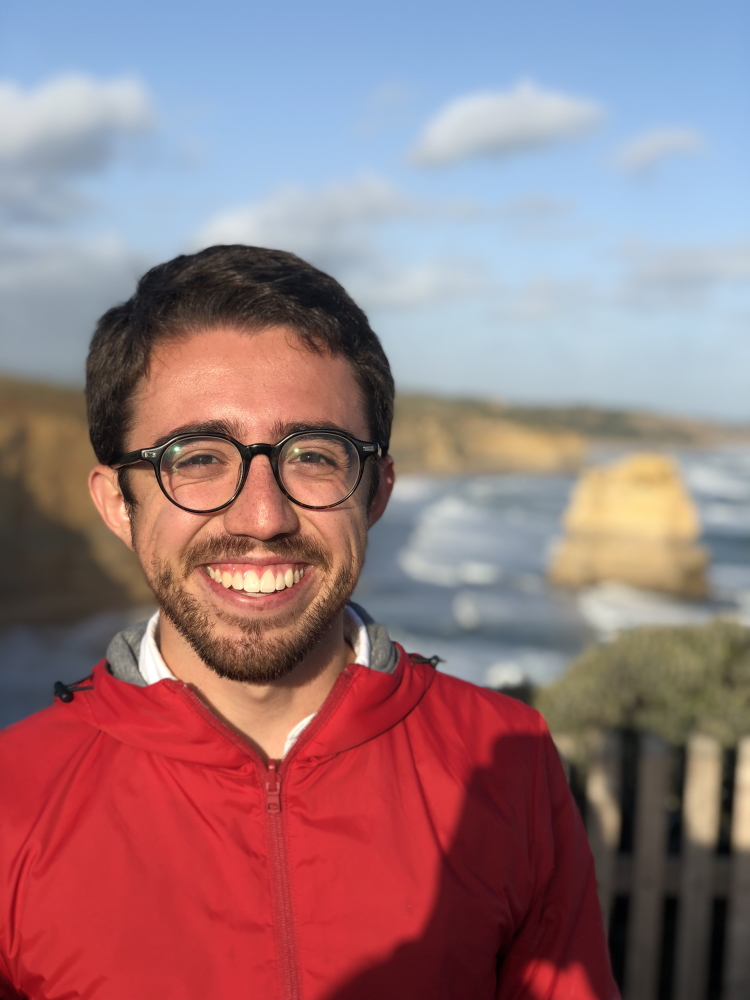
SANTIAGO PARDO SÁNCHEZ is an innovator who integrates technology and sustainability into our everyday lives. Born in Colombia but raised in the American South, he has worked throughout the Americas, Europe, and the Pacific. Pardo Sánchez served in the Peace Corps in Vanuatu. He is a managing editor of Harvard Mapping Past Societies (Harvard MAPS), a digital atlas project within the Initiative for the Science of the Human Past at Harvard University. A Harvard graduate, he is now starting an MBA program at MIT Sloan School of Management.
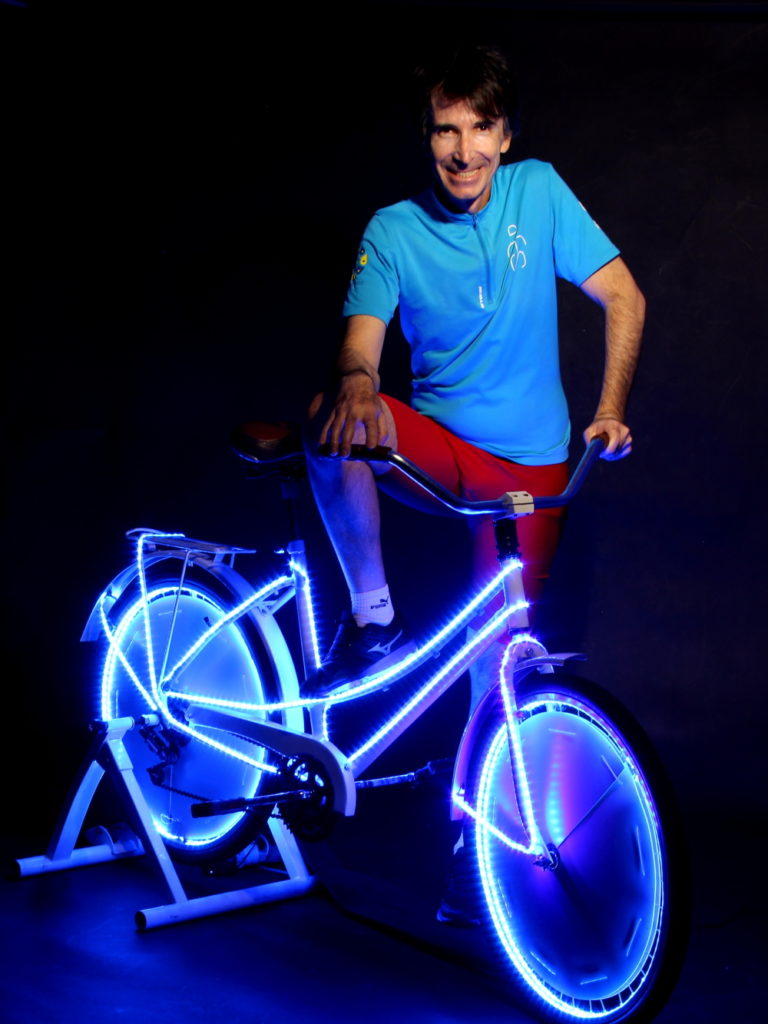
JOSÉ CARLOS ARMELIN was born in Santa Bárbara d’Oeste (SP), where he learned to pedal at the age of 3, and since then has dedicated his life to the recreational and sustainable aspects of the bicycle. He specializes in transforming the human driving force into electricity, using bicycles that always accompany him in his classes, when the topic is energy and energy efficiency. Graduated in Electrical Engineering and post-graduated in Pedagogy, he works as a guest professor of the subject “Future Energies” at PUC/PR. For more than 17 years he worked as a professor of mechatronics at SENAI and at Colégio Dom Bosco, in Santa Bárbara D’Oeste. In 2008, he founded the band CO2 Zero, the first Brazilian musical group capable of generating electricity from the pedals of the public. He is the founder of the company Pedal Sustentável, in 2013, in partnership with the social entrepreneur Filó Silva. In its eight years, Pedal Sustentável has participated in more than 100 events. In the Amazon River from Ice to Sea project, Professor José Carlos Armelin arrives to join the team of specialist boat builders to insert a pedal system that will transform human energy into electricity. This energy can be used to recharge the batteries or drive the propulsion engine, lighting, power tools and even recharging small appliances.
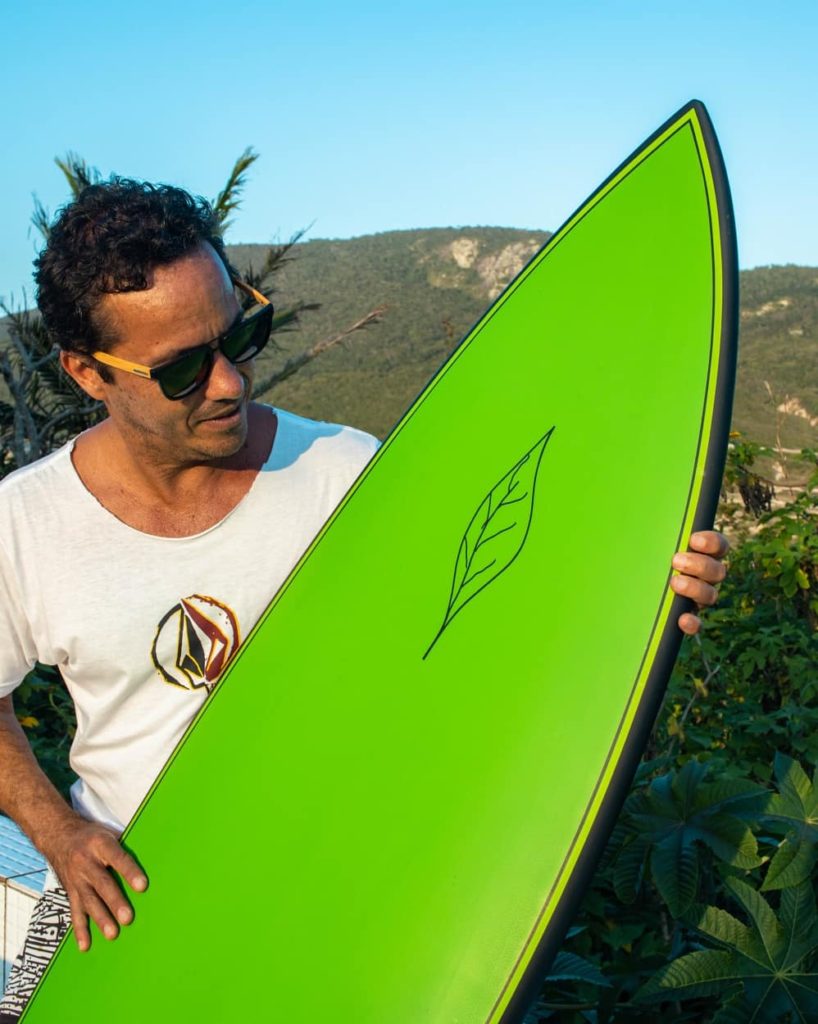
Born in Laguna, Santa Catarina, MARIO CORREA FERMINIO, a resident of Florianópolis, is a pioneer in the field of manufacturing ecological surfboards. He started in the 1980s, when he was plating polyurethane blocks and learned about epoxy and EPS on a trip he made to France between 1989 and 1991. When he returned to Brazil, he lived in Guarujá, São Paulo, considered one of the best cities in surfing in Brazil at the time.
In 2005, he returned to Santa Catarina, where he built an ecologically correct surfboard factory, a world pioneer in the area. In 2007, it gained prominence for its ecological manifesto during the world surfing championship in Hossegor, France. For environmental reasons, he stopped working with epoxy but by 2012 more than 10,000 boards were produced.
In 2005, the website Waves published an article detailing its production process with EPS epoxy that is less harmful to the environment. It was when he received a call from a person who was working on the development of a natural resin, which inspired him to invent a recycling process with wood, where he managed to obtain a green patent, perfected in 2017 when he bought the resin.
In his career, Mario has always sought perfection to understand materials well. Vegetable resin was no different. For three years, he dedicated himself to finding answers to the problems it presented, until validating it for the market. One of his greatest proud is to know that the first surfboard in the world made with 100% vegetable resin was made by his hands.
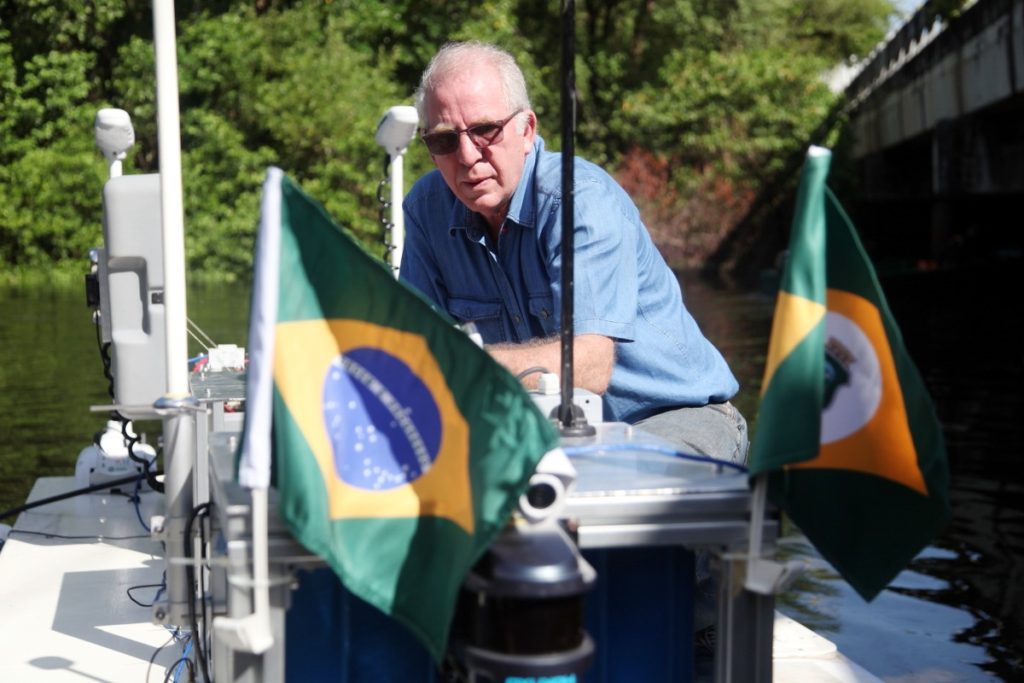
ARISTIDES PAVANI, Researcher at the Geosciences Institute of the Federal University of Bahia and collaborating researcher at the Renato Archer Information Technology Center, member of the Cearense Academy of Mathematics (ACM), he graduated and has a master’s degree in Electrical Engineering from the State University of Campinas (UNICAMP). Aristides is experienced in project coordination and public policy development and management in the area of science and technology in the area of Electrical Engineering, with a focus on micro and nanotechnologies, advanced materials, sensors, robotics and environmental applications. He was director of the Department of Strategic and Production Technologies (DETEP) of the Secretariat of Applied Technologies (SETAP) of the Ministry of Science, Technology and Innovations (MCTI), Head of Division of Micro Systems, Coordinator of the Coordination of Services for Society (CSS), Coordinator of Information Technology Center-NorthEast (CTI-NE), Coordinator of Coordination of Regional Activities (COARE), and advisor to the Minister of Science, Technology, Innovations and Communications (MCTI).
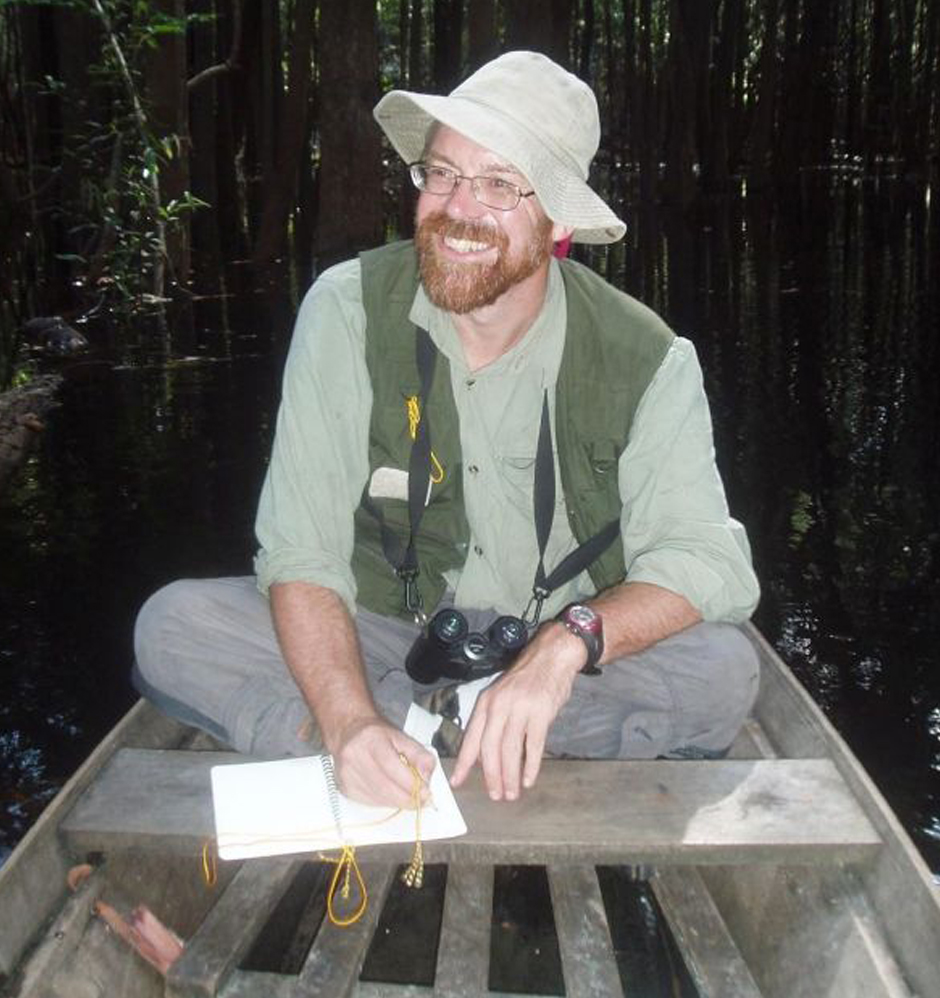
ADRIAN BARNETT is a tropical ecologist with over 30 years of experience. Born in London, England, he worked in Africa, Asia, Central, and South America, studying tropical mammals, birds, plants, insects, how they interact, and how to best conserve them. He conducted a series of surveys in remote areas, many of which had never been visited by biologists. His main focus is the animals and plants of the Amazon floodplain forests, about which he researches and writes extensively.
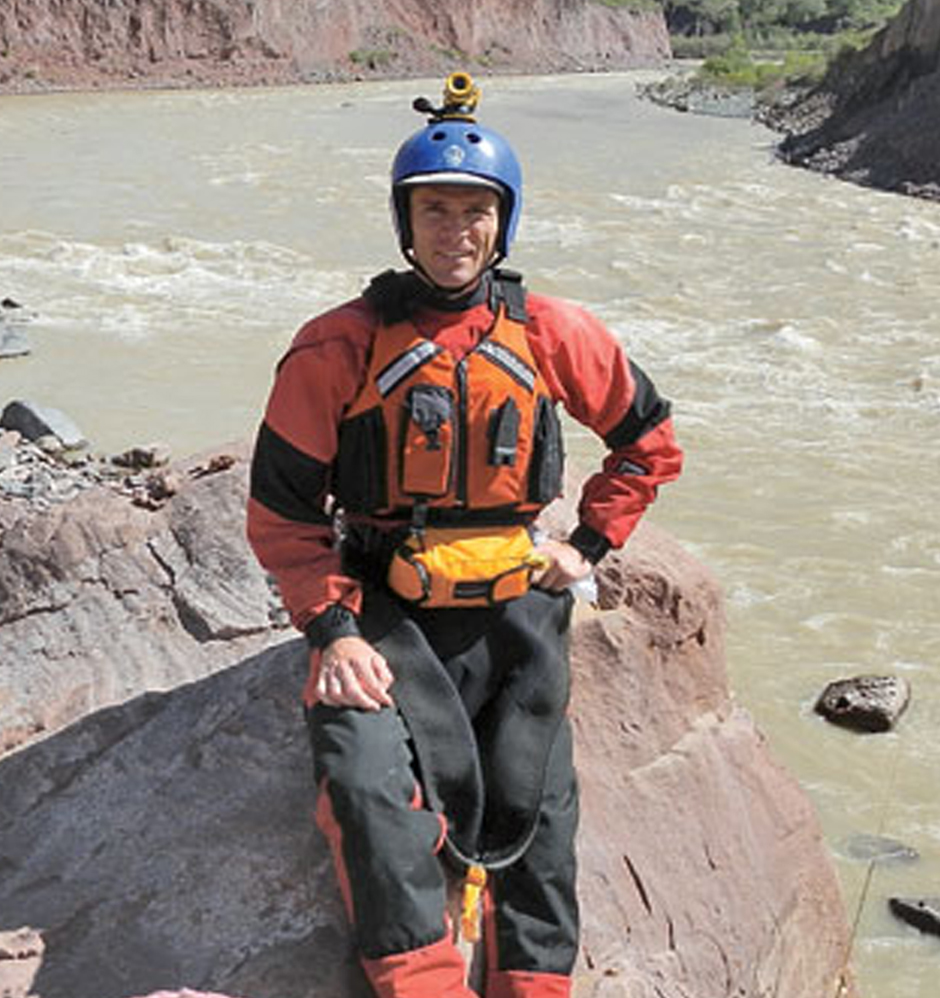
JAMES “ROCKY” CONTOS, SierraRios director, that aims to protect rivers, is an avid kayaker, explorer, activist, and guide. His career began in 2000 when he rowed and documented almost all rivers of Mexico, including 107 first descents that involved 8,000 km of river and more than 50,000 meters of fall. In 2012, paddling all the sources of the Amazon, he discovered the most distant and was the first to make his complete descent. His focus is to explore, publicize, increase visitation and protect the world’s grand canyons such as those formed by the Nile, Yangtze, Salween, and Pilcomayo. He has published two river guides for Mexico and plans to write about the rest of the country as well as about Peru and other regions. He has many interviews and articles published in the press about various rivers of the world.
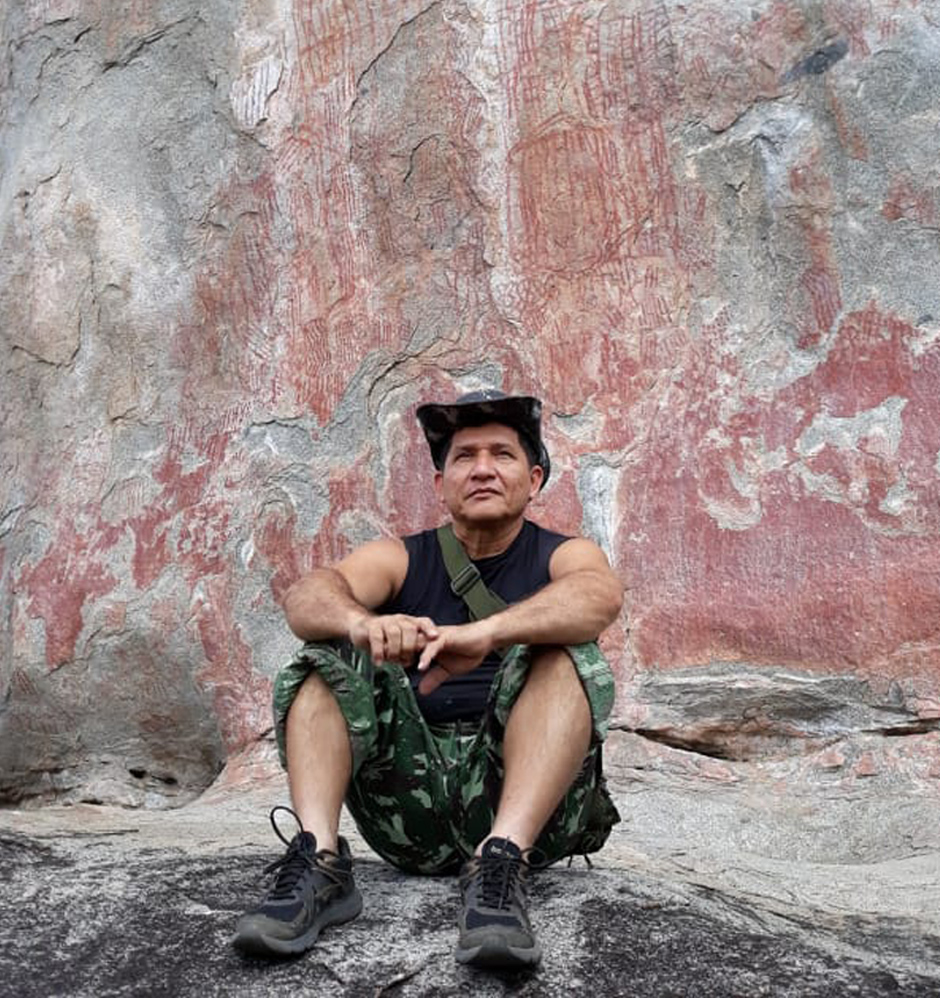
Specialist in jungle survival, itchiology, ornithology, botany and natural medicine, EDUARDO MENDES GOMES, known as “NATIVO”, has vast knowledge in hunting and fishing, works with scientific tourism, ecotourism and adventure tourism. In 1993, he was invited to participate in a British TV reality show, he loved the experience and since then he has participated in films, documentaries, TV shows, news, and commercials for TV. He is an actor, presenter, producer, director, screenwriter, presenter, cameraman, and animal handler. He has worked on dozens of international productions of great worldwide repercussion, among them “Jean Michel Cousteau returns to Amazon”, “Amazon Abiss”, “The venum Hunter”, “Helen skelton kaiak world chalenger”, “Code of the wild”, “Curse of akakor ”, One strange Rock” and “Green Soul” and for companies like CNN, ABC News, NHK, BBC, Discovery, Animal Planet, National Geographic, and Aventuras Produções in the IMAX movie “Amazon Adventure 3D”.
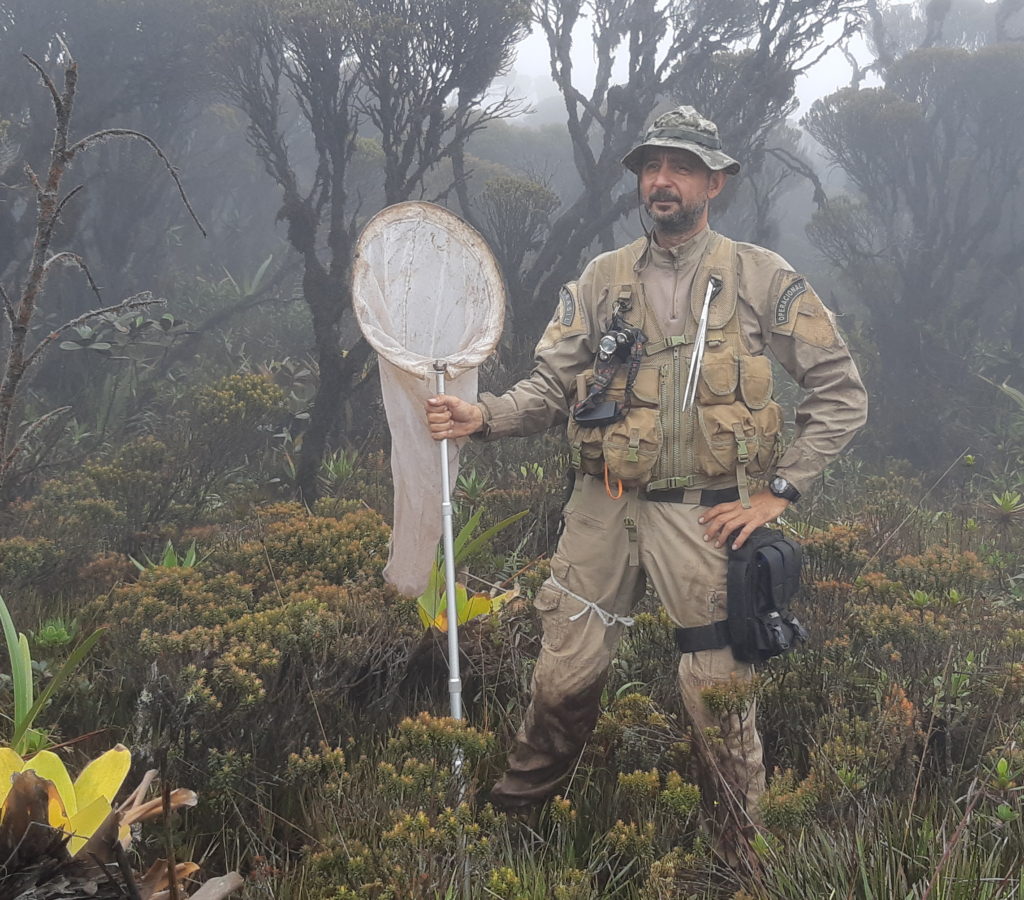
FRANCISCO FELIPE XAVIER FILHO (CHICO), Hunter of New Species. Technician in Science, Technology and Innovation. Amazonense. Biologist-Entomologist. Adventurous. Specialist in Legalized Insect and Arachnid collection. Dozens of expeditions through Brazil, mainly the Amazon with 35 years of experience. Specialist in adventure tourism and scientific tourism. Technician in scientific collections Grupo Invertebrados. Honored in 9 new species.
Always concerned with the maintenance of the Amazon and its traditional populations and its sustainable use so that the next generations can get to know it. And that they can enjoy their biodiversity, one of the richest on the planet.
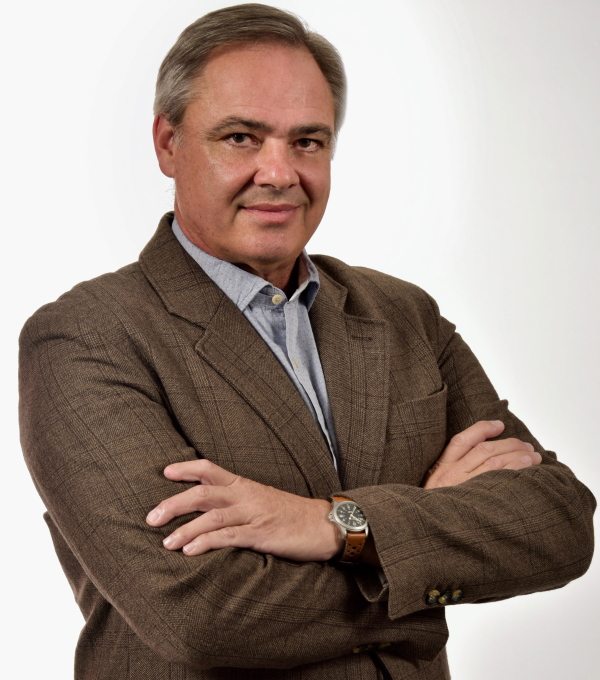
OLIVER ILG was born in Stuttgart, Germany and at the age of 4, he emigrated to Brazil, a country he adopted as his other homeland. He graduated in Physics from Unicamp in 1985 and has an MBA from the School of Business Administration of Fundação Getúlio Vargas. He worked 4 years in product and production engineering at Volkswagen do Brasil and 12 years at Mercedes Benz do Brasil, where he served as Assistant to the President, Project Manager for Class A, and, finally, Deputy Director of Truck and Automobile Marketing. In 2003, he founded Sterling Yachts, a shipyard initially dedicated to exporting Trawlers to the North American Market. Subsequently, the company included motorboats for the Brazilian market in its line, having launched the first hybrid motorboat, Diesel & electric in the South American market in 2011. It included the Pier Systems division in the company in 2006, where floating piers are designed and built for the Brazilian market. It is dedicated, at the moment, to develop a line of autonomous and sustainable Houseboats, with a launch scheduled for 2022.
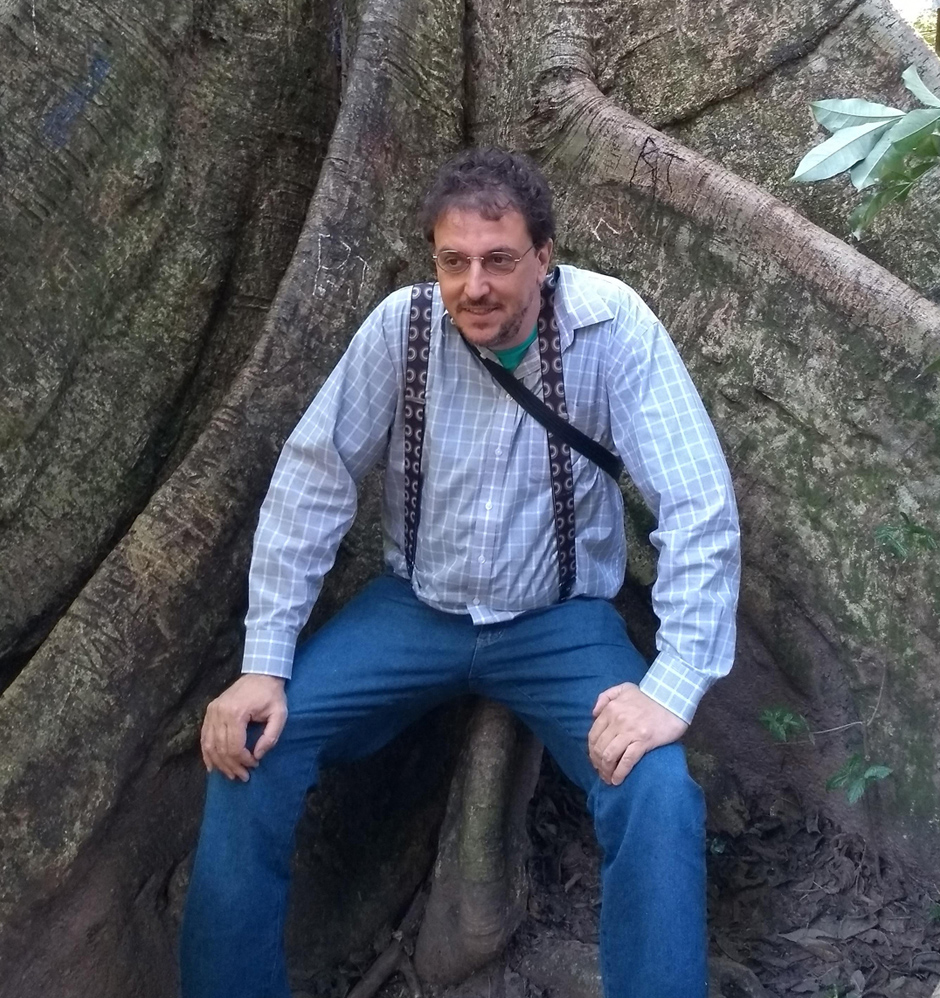
VICTOR MAMMANA, PhD in Physics from the University of São Paulo (2000), with thesis work (“sandwich”) carried out at Lawrence Berkeley Laboratory, in California. He served at the International Technology Center in North Carolina. He was Director of the Renato Archer Information Technology Center from 2011 to 2018. He works at the National Center for Monitoring Natural Disasters since 2019.
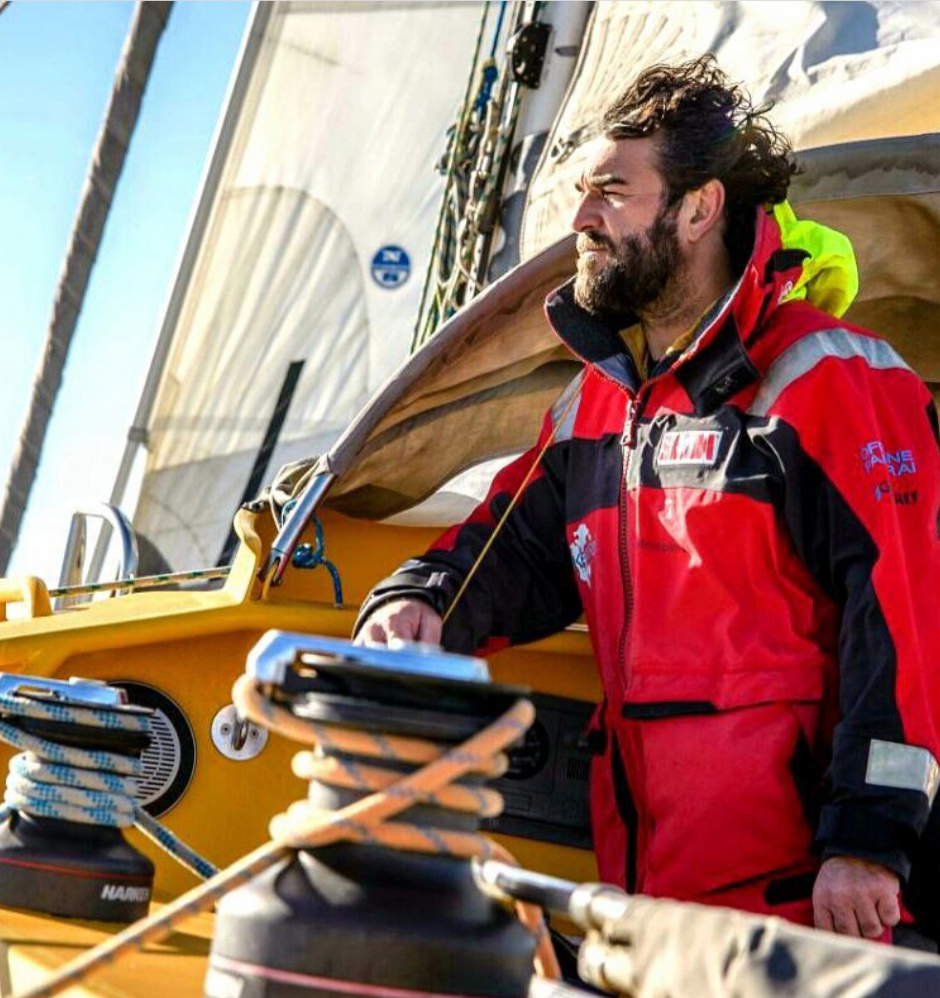
MARCOS HURODOVICH is an experienced sea captain, with more than 130 thousand miles navigated, the equivalent of three laps around the Earth. He made some expeditions to Antarctica, Tierra del Fuego, Patagonia, Caribbean, Europe, Africa and New Zealand with several oceanic sailboats. Specialized in naval electrical, the nautical builder participates in countless ocean races teaching several people how to navigate and understand the electrical and electronic systems of vessels. One of his favorite hobbies is photography, which records through its lenses the beauty of the sea and life on land.
